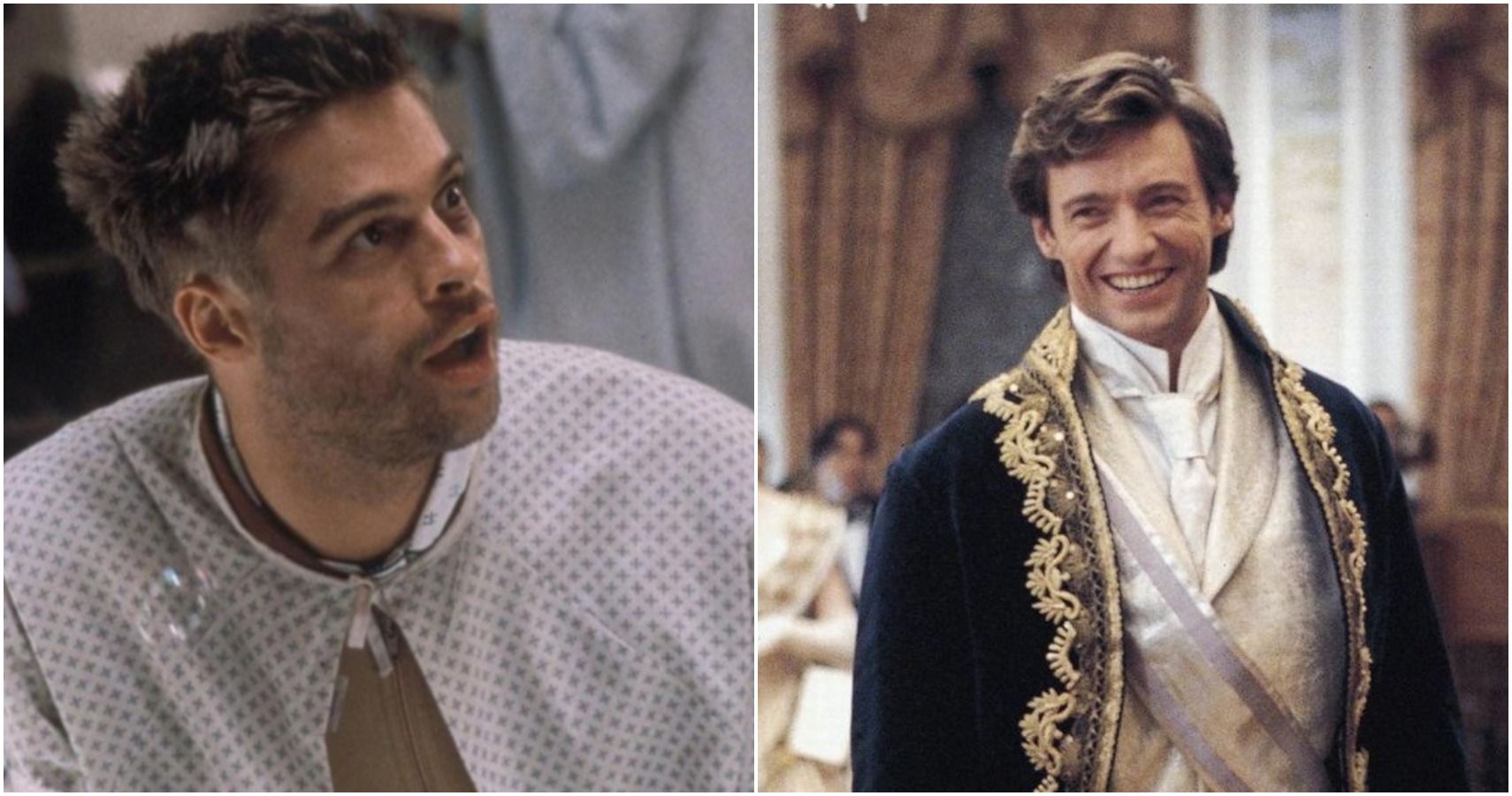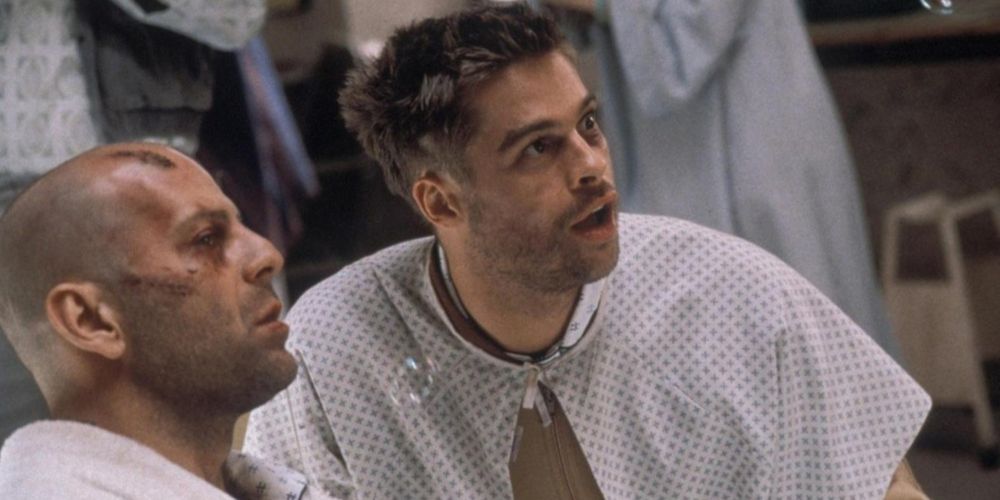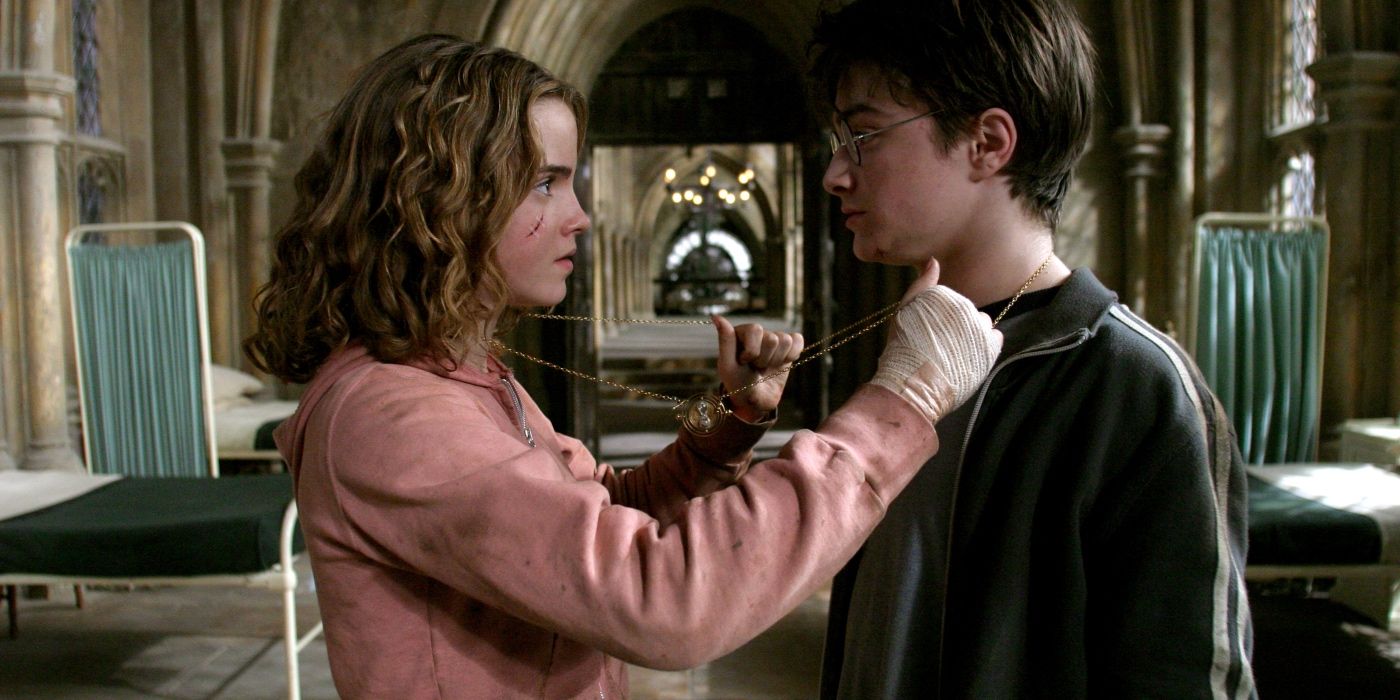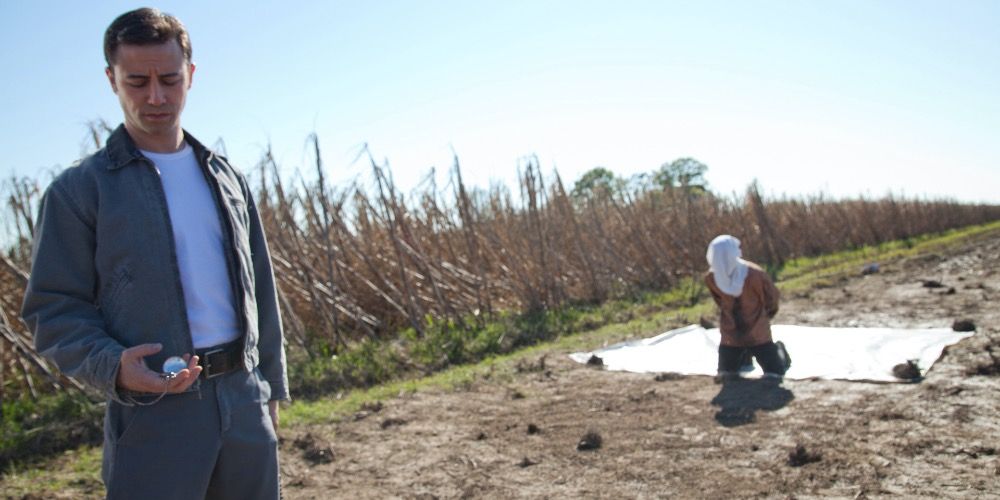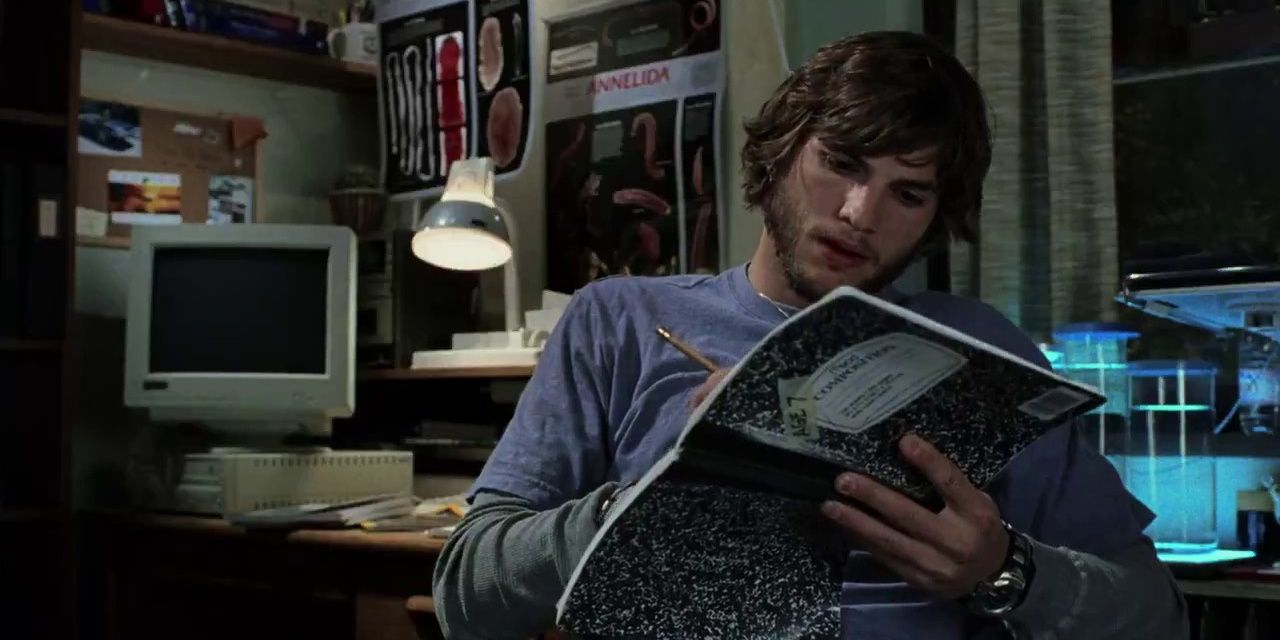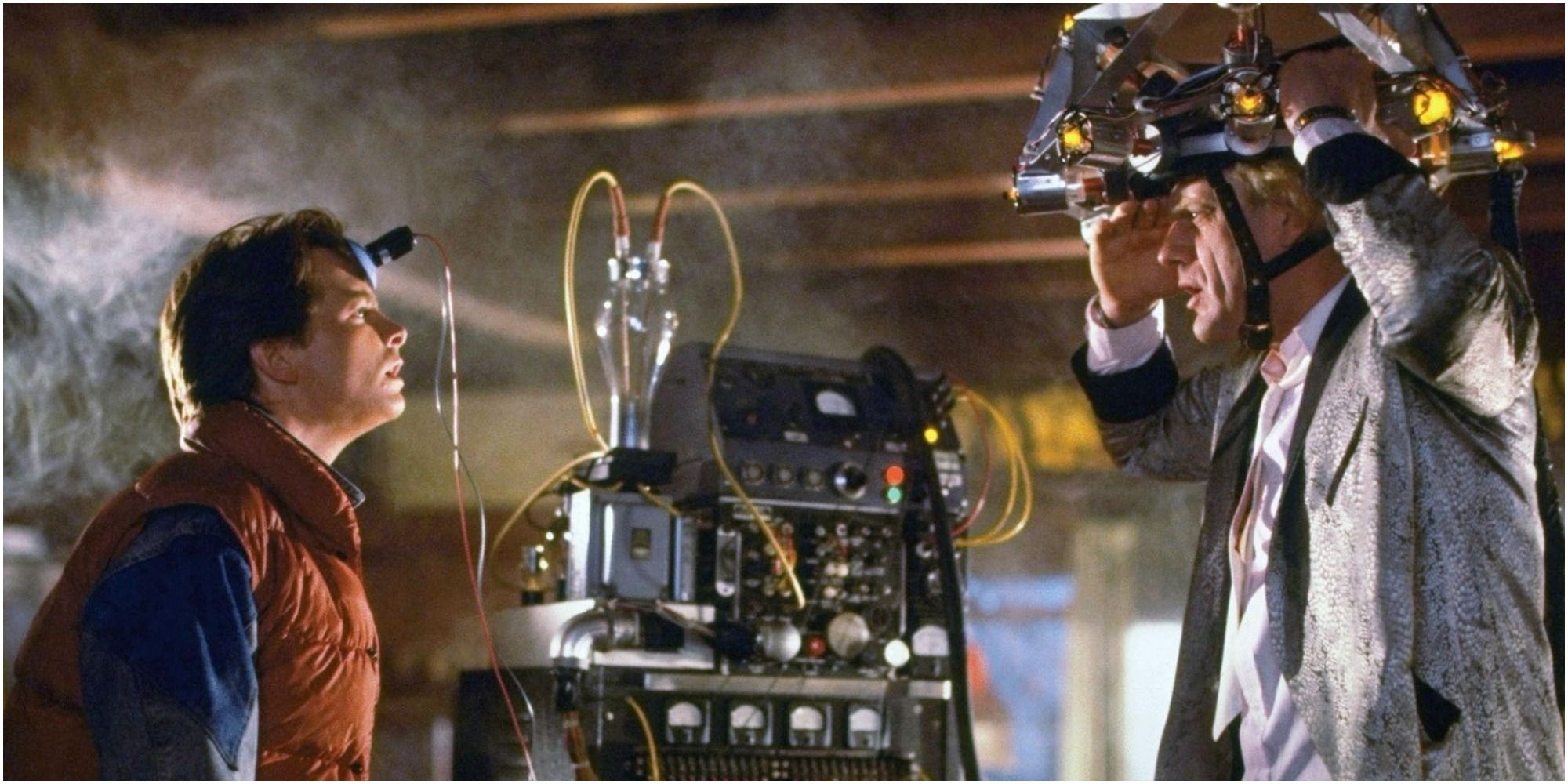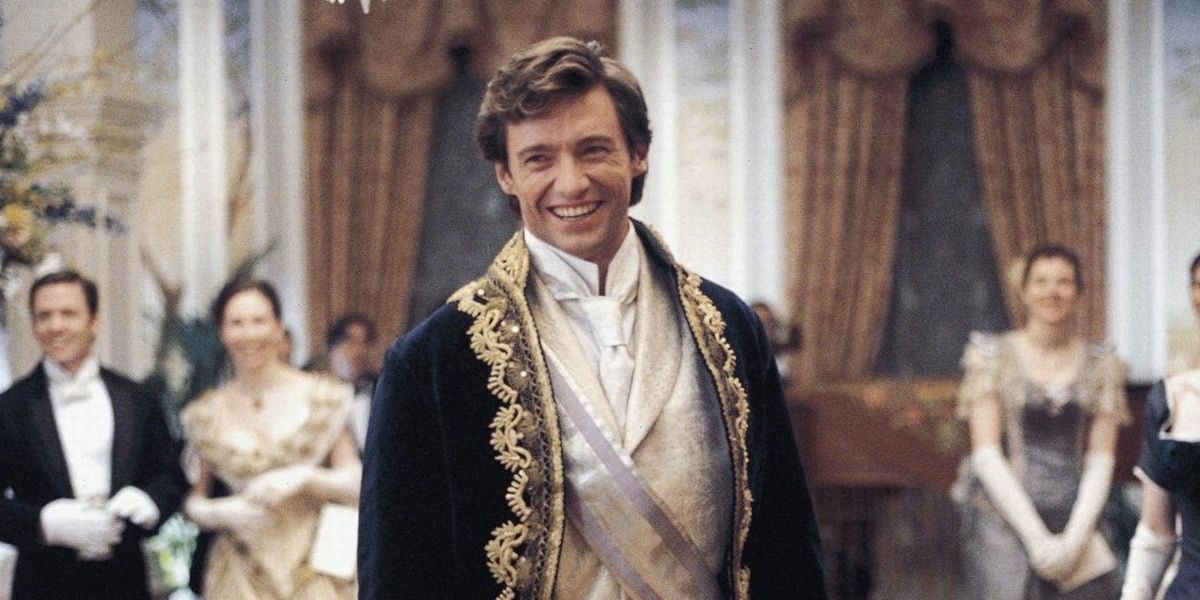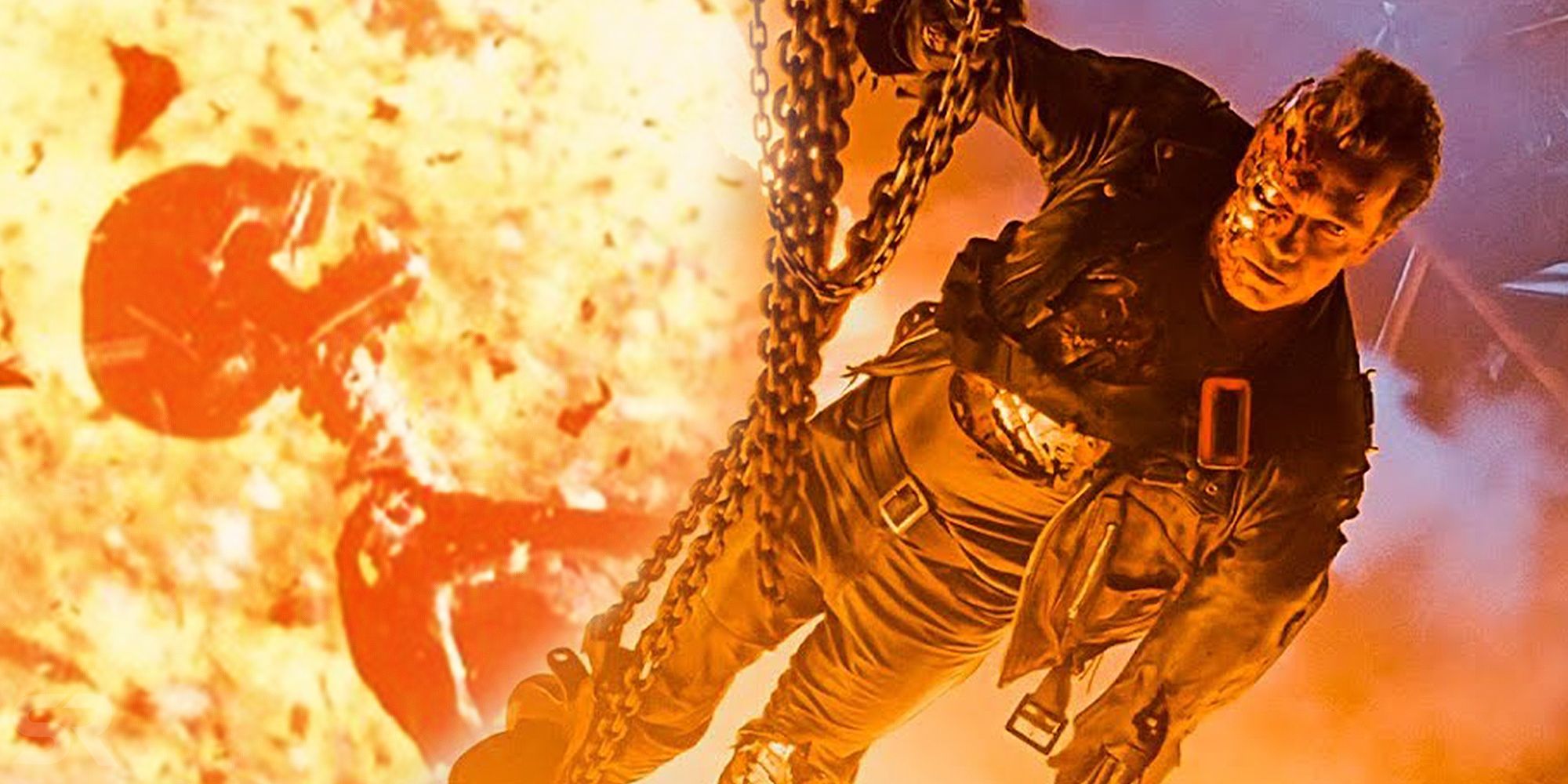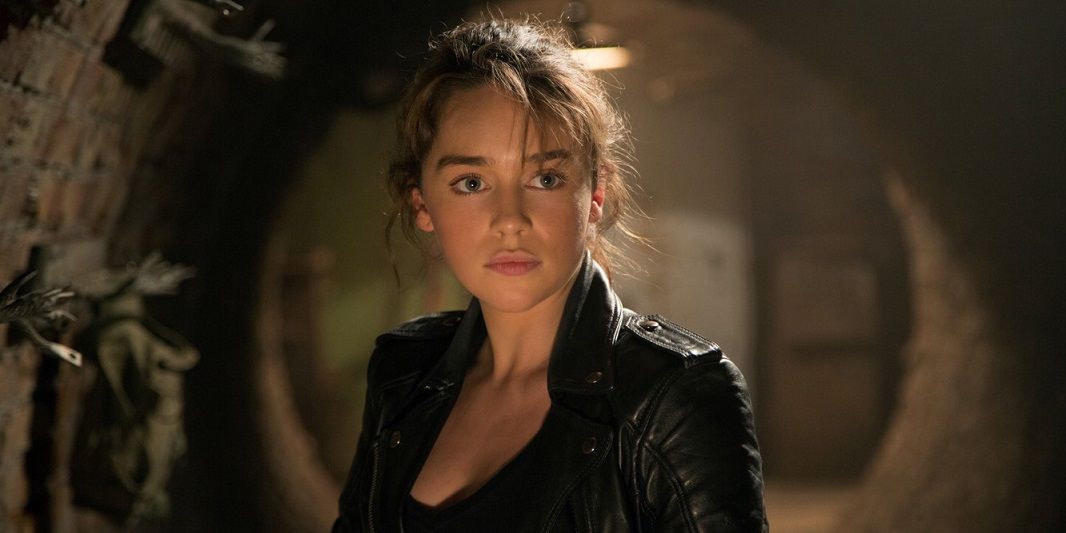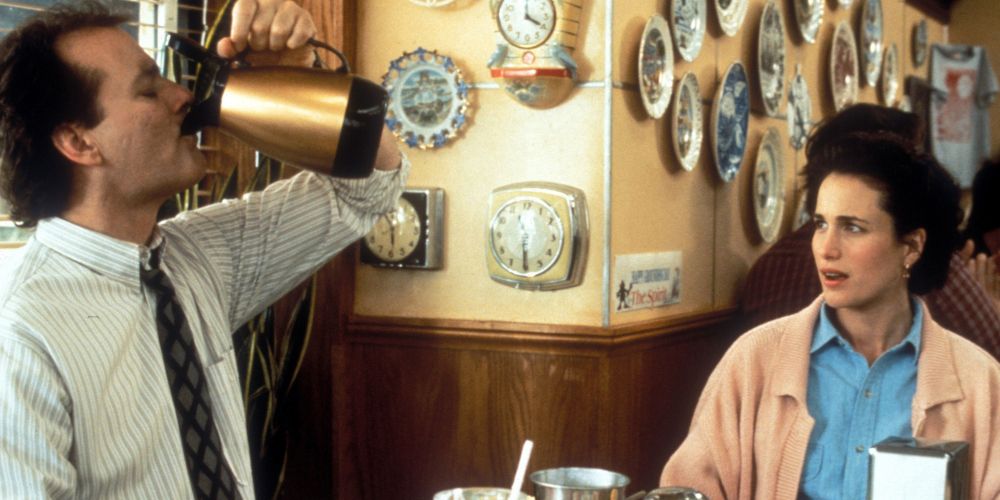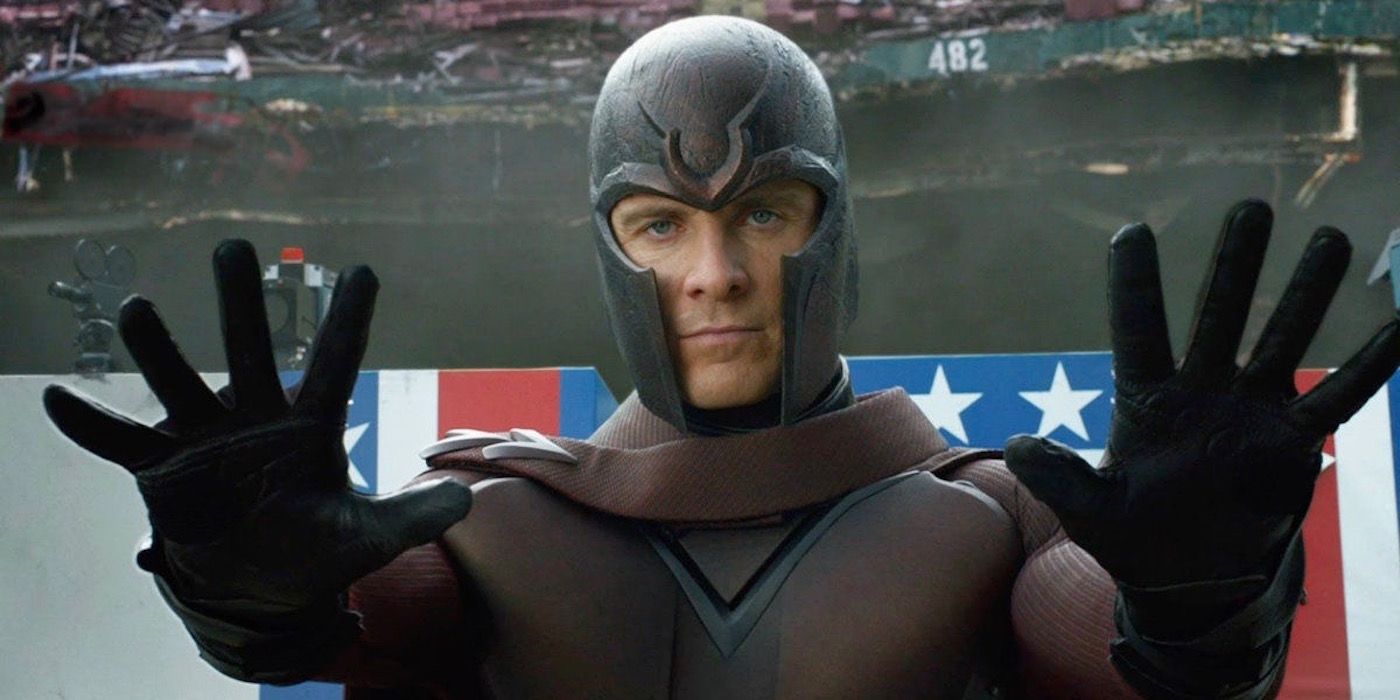Time travel is an incredibly risky and difficult concept to pull off. Do it wrong, and the audience rips into the story and its illogical paradoxes, which of course prevents them from fully enjoying and becoming invested in the story. Even when time travel is done right, it still opens up a ton of potential questions - most of which are simply hand-waved away.
When it comes to time travel, far more movies have failed than succeeded. But there are still plenty of movies that did it in a respectable and understandable manner - a few passive hand-waves aside, of course.
Right: 12 Monkeys (1995)
12 Monkeys is probably the best and smartest time travel movie of all time, because it realizes how problematic time travel actually is. The present world of 12 Monkeys has been decimated by a worldwide plague that has wiped out most of humanity. A prisoner named James Cole is sent back in time to learn about the virus and hopefully stop it. Of course, he can't stop the virus from being unleashed because he never stopped the virus from being unleashed. It's a perfect stable time loop. It serves as a giant middle finger to the very concept of time travel and attempting to change the past from occurring.
Wrong: Harry Potter And The Prisoner Of Azkaban (2004)
Much has been written about the Prisoner of Azkaban's time travel mechanics - probably because they don't make a whole lot of sense. In theory, this movie also portrays a perfect stable time loop, as Harry realizes that it was his own Patronus that saved himself and Sirius from the dementors. But most of the issues stem from the use of the time turner itself - specifically, why it was given to Hermione in the first place. To let her attend more classes? It also opens up tons of questions regarding the wider use of time turners in the magic world.
Right: Looper (2012)
As the title suggests, Looper has to deal entirely with stable time loops. Written by Rian Johnson, Looper's plot is actually quite ingenious and gloriously original. In the future, crime syndicates have problems disposing of their victims' bodies. To alleviate the problem, they send them back in time to be killed by hired guns called "loopers." The future loopers are then sent back in time to be killed by their younger selves, effectively "closing the loop". Of course, it gets more complicated from there, but Looper always remains a thrilling and intelligent story.
Wrong: The Butterfly Effect (2004)
The concept behind The Butterfly Effect is quite sound and could prove endlessly captivating in the hands of a good writer. Essentially, a man goes back in time using his journal to alter events from his past in the hopes of changing the future.
However, the movie is absolutely riddled with plot holes, the most egregious of which happens in the infamous prison sequence. A prisoner essentially watches Evan alter the present in front of his very eyes, even though that completely betrays the internal logic that the story has set up.
Right: Back To The Future (1985)
There are a few minor issues with Back to the Future, but for the most part, it remains a thrilling and beautifully-written story. It was even nominated for Best Original Screenplay Academy Award - a rarity in both the time travel and comedy genres. Unlike many other movies regarding the use of time travel, Back to the Future uses it to tell a touching story about fate and love. The internal time travel logic also makes a lot of sense, leaving very few lingering questions by the time the credits role. It's undeniably one of the best.
Wrong: Kate & Leopold (2001)
In this one, Liev Schreiber's Stuart pulls his great-great-grandfather, Leopold, from 1876 through a time portal and into the present day. While in 2001, Leopold falls in love with Stuart's ex-girlfriend, Kate. The ending sees Kate traveling back to 1876 with Leopold, marrying him, and becoming Stuart's great-great-grandmother. Issues of sleeping with your great-great-grandson aside, this opens up a nasty causality loop and makes absolutely no sense.
Right: The Terminator (1984) & Terminator 2: Judgment Day (1991)
The first two Terminator films are prime examples of time travel done right. By the end of Terminator 2, everyone is thoroughly satisfied and in complete agreement as to how the time travel worked. It's exceedingly rare for an "alter the past and change the future" time travel story to work, but Terminator 2 somehow managed to pull it off.
The ending is not only extremely emotional, but completely satisfying on a narrative and logical level. There's a reason it's considered one of the greats.
Wrong: Terminator Genisys (2015)
And then they just had to make Terminator Genisys. Genisys completely upends what we all understood about the previous Terminator films and creates the most needlessly convoluted time travel imaginable. It utterly tarnishes the internal logic of the Terminator universe and muddles the series' mythology, generating a complete and total mess of the once great (and finished) story. It nearly destroyed the Terminator franchise forever. Dark Fate finished the job.
Right: Groundhog Day (1993)
Groundhog Day isn't really a time travel movie - more of a time loop movie. For some reason, weatherman Phil Connors gets caught in a nasty time loop that has him re-living the exact same day over and over and over again. For likely hundreds, if not thousands, of years. What makes the internal logic of this film work so well is that there isn't any. The movie isn't concerned with how time travel works. In fact, it never explains why it happened in the first place. It simply uses the storytelling device to tell a rich and touching story about personal growth.
Wrong: X-Men: Days Of Future Past (2014)
Days of Future Past is certainly one of the better X-Men movies out there, but its use of time travel (and the mechanics behind it) is still a little confusing. Essentially, Kitty Pride sends Wolverine's consciousness back to 1973 to stop an assassination and prevent an apocalyptic future. For one thing, how is Kitty able to send people's consciousness back in time? That seems impossible, even for a mutant with superpowers. Secondly, how does sending a mere consciousness back in time prevent anything from occurring? And even if it did change the past and alter the present, that opens up the ol' grandfather paradox, as Wolverine would have never gone back in time to change the past.

